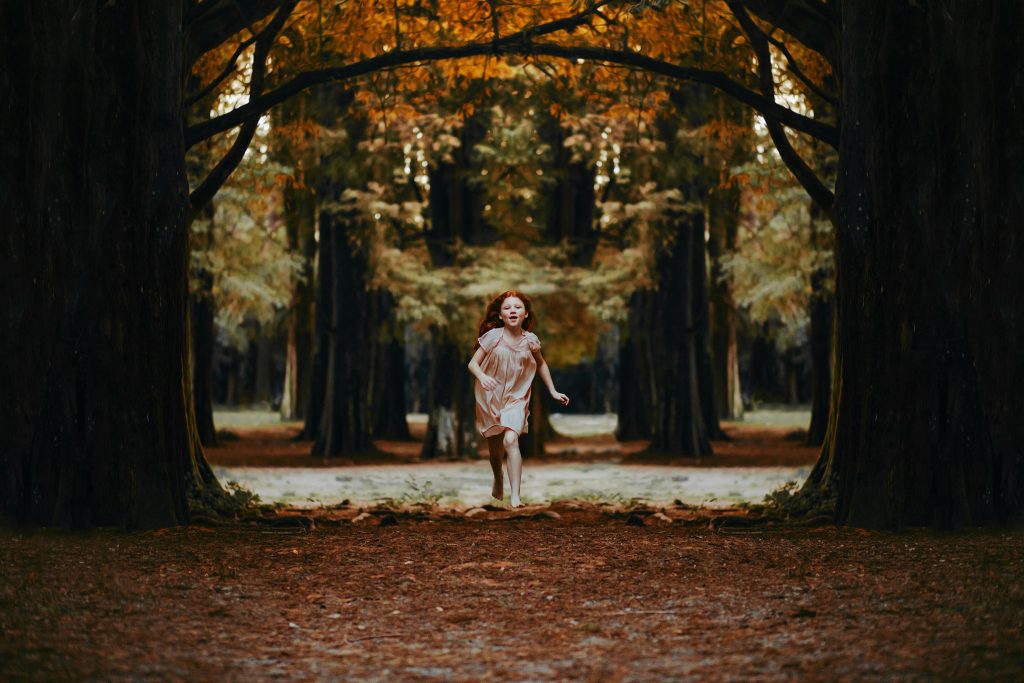(Published in CBC News)
It’s a Saturday afternoon in winter and it’s snowing perfect snowball-making snow. But there are no flying snowballs or snowmen or kids in snow suits. Where are all the kids?
If you ask journalist Richard Louv, author of Last Child in the Woods: Saving Our Children from Nature-Deficit Disorder, he’ll tell you what you probably already know: the kids are sitting behind computer screens surfing the net, instant messaging, or playing the latest video games.
Either that or they’re being shuttled to dance lessons or karate or some other extracurricular activity in their busy lives.
In his bestselling book, Louv argues that the lifestyle of today’s children is sorely lacking one integral ingredient: nature. As a result, children are suffering from an array of health issues including everything from childhood obesity to psychological disorders such as depression and ADD.
“Kids are plugged into some sort of electronic medium 44 hours per week,” says Louv.
But technology and a busy schedule are not the only reasons that children under 13 take part in freestyle play outdoors for an average of only a half an hour a week. Louv argues that fear is an even greater factor.
“The thing that parents talk about with the most intensity is that they are scared to death. They are scared primarily of stranger danger,” he says. “Meanwhile, violence against children outside the home has been going down for years. Why has our perception of fear skyrocketed?”
He blames it on the news.
“(The media) takes a handful of terrible crimes and they repeat them. That is the very definition of conditioning,” he says.
Along with paranoid parents, there has been what Louv calls the ‘criminalization of natural play’ in which nature is deemed off limits.
Covenants and restrictions from housing developments create a host of rules and regulations that inhibit forays into nature, he says. Fear of lawsuits and a growing obsession with order fuel the restrictions.
“Just try to put up a basketball net in one of these neighbourhoods, let alone try to build a tree house. It’s not going to happen,” he says, pointing out that he recently heard from a woman whose neighbourhood association placed a ban on sidewalk chalk drawing.
According to Louv, the message that is being sent to this generation of children is loud and clear:
“We are telling our kids that nature is in the past and it probably doesn’t count anymore, the future is in electronics, the boogeyman is in the woods, and playing outdoors is probably illicit and possibly illegal,” he says.
Louv says there are dangerous consequences to this message. A disconnect with nature not only affects the health of children, but also the future of the planet. Without an appreciation for the interconnectedness of the earth and all living things, there is a fundamental lack of concern for the environment, he argues.
“How can our kids really understand the moral complexities of being alive if they are not allowed to engage in those complexities outdoors?” he says.
Louv’s message has touched a nerve. Not only has the book sold more than 200,000 copies, Louv has had 3,000 requests for speeches in the past two years.
The book has also spawned a movement. In the U.S., The Children and Nature Network (founded by Louv) launched a No Child Left Inside campaign which has garnered enthusiast support across the globe. In the U.S., two bills, each called the No Child Left Inside Act, which are designed to bring environmental education back to the classroom, have been introduced in the House and Senate.
In Canada, the Nature Child Reunion initiative was formed to reconnect children with the outdoors.
B. C. Naturalist Bob Peart, who founded the initiative, says Louv’s book inspired him to get involved with the cause.
“It’s a great message. Who can be against wanting to have children healthier and be happy outside? It’s totally non-partisan,” he says.
The primary goal of the Nature Child Reunion initiative is to provide education on the topic of nature and its importance to children.
According to Peart, it’s not just parents and educators that play a large role in fostering a child’s relationship with nature. He believes that extended family can play a key role.
“Grandparents, aunts and uncles have a very important role in taking kids outside. Today’s parents are so stressed and so busy. I tell grandparents, if you’re going to visit your granddaughter, go outside with her. Let her know the joy of the outdoors that we had as kids,” he says.
Peart echoes Louv in saying that the importance of nature is not only for the well-being of our children, but the survival of our planet.
“We have a society facing some pretty enormous issues. People need to be raised with a sense of how nature works if we are going to face this head on,” he says.
